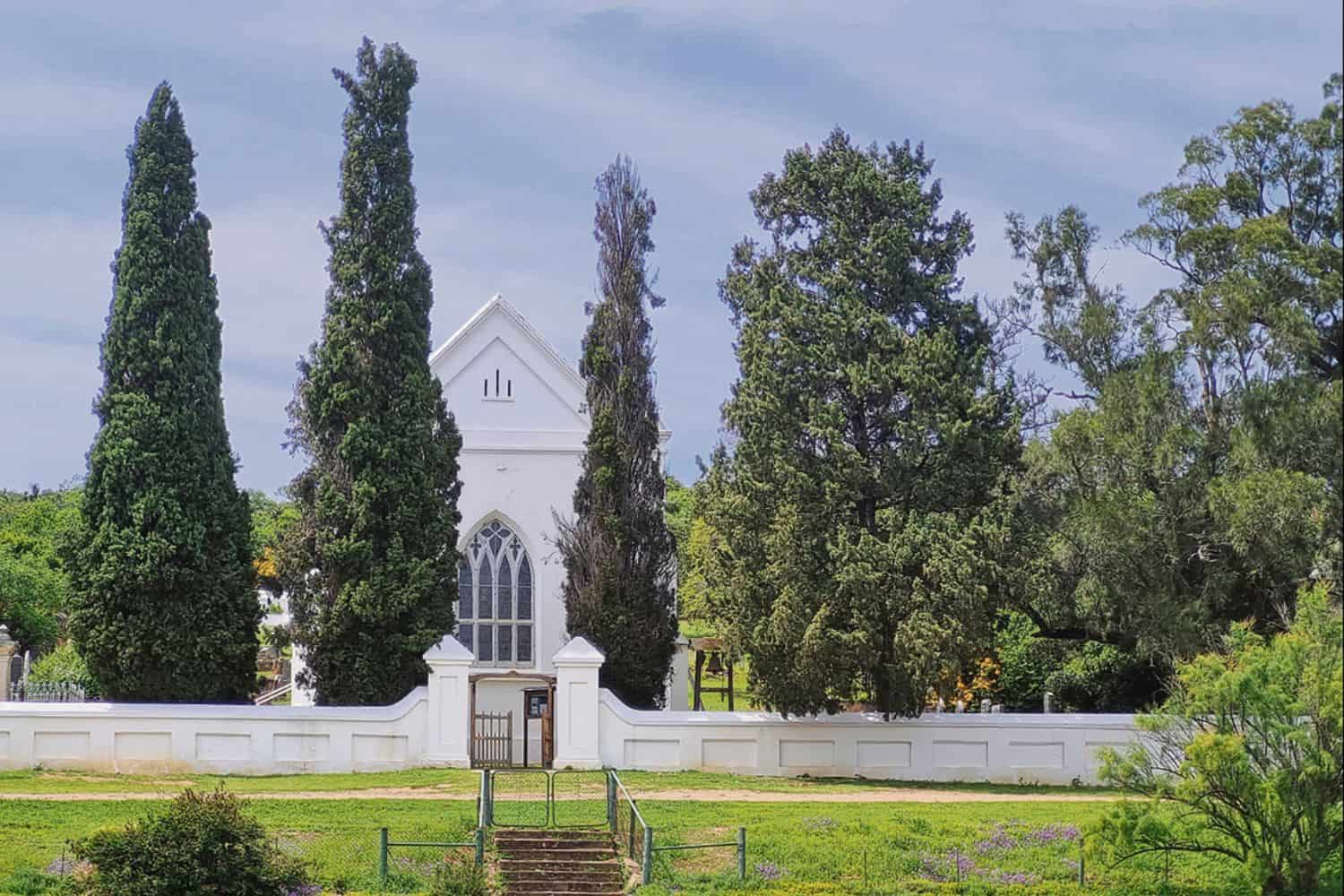
The semi-autonomous city of 680 000 is the only place in China where casinos operate legally.
The baccarat and poker tables were teeming once again as millions of Chinese tourists marked “Golden Week” in October, with post-pandemic travel surging despite the country’s economic slowdown.
Chinese travellers are expected to make more than 100-million daily trips during the annual national holiday, making it the “hottest” Golden Week in history, a state-backed tourism think-tank predicted.
And hundreds of thousands have set their sights on Macau – a semi-autonomous city of 680 000 which is the only place in China where casinos operate legally.
“I would say Macau is back,” said bartender Aubrhey, 32, who works at a five-star hotel in the former Portuguese colony.
“Not to (its) best, but at least we’re way past the pandemic times.”
Golden Week for him has been a heady mix of 10-hour shifts and good money, a seasonal bonanza for Macau’s hospitality industry.
Chinese tourists “are prepared, they have money”, he said. “I think they are spending as much as before the pandemic.”
Much of the cash is left on the casino floor, as Macau’s gaming industry increasingly relies on mass market players after Beijing drove away high rollers with a years-long regulatory crackdown. Last year, Macau saw just 25 000 daily visitors during Golden Week, with the government following Beijing’s zero-Covid strategy and shuttering businesses as infections peaked. Cratering gaming revenues meant that Las Vegas ranked as the world’s largest casino hub in 2022.
ALSO READ: PICS: The village at the end of the world

Macau’s reinstated dominance and ongoing industry challenges
But once Beijing reversed course on the pandemic and lifted travel curbs, Macau – which in 2019 generated nearly six times the gaming revenue of its American rival – handily reclaimed the title.
“I was never in doubt that Macau would gain that crown back,” said JP Morgan analyst DS Kim.
“What was surprising was the pace of that recovery.”
The city’s six casino operators, which received 10-year extensions to their licences last year, reported second-quarter profits that were nearly 70% of pre-pandemic levels.
Visitor arrivals this year were “slightly ahead of expectations” as the holiday neared its end on Friday last week, tracking at around 84% of 2019 levels, Kim said. With “Westminster” spires looming above and “Big Ben” tolling in the background, university graduate Li Junkai from China’s Hebei province tested legalised betting for the first time, and promptly lost around HK$100 (about R245).
“I was curious about gambling … It’s legal in Macau so I came here to give it a go,” the 24 year old said outside The Londoner, a recently rebranded Macau casino.
Earlier this year, authorities jailed “junket king” Alvin Chau, who once led an industry that enticed wealthy gamblers from China’s mainland with perks like VIP rooms and easy credit, for running an illegal multibillion-dollar gambling ring.
While mass-market gaming revenue could reach around 85% of pre-pandemic levels, the VIP earnings tell a different story.
“75% of the VIP (revenue) is gone. I don’t think it’s going to change anytime soon,” Kim said.
Authorities have also pressed casino operators to invest in non-gaming forays to diversify the city’s appeal, as part of an industry-wide shakeup.


Entertainment diversification and economic challenges
The firms have collectively pledged $14.9 billion (about R285 billion) on projects including theme parks, convention and exhibition centres and performance venues. Some of their early efforts may have borne fruit. This year, Macau boasted sold out concerts by K-pop sensation Blackpink and Hong Kong singer Jacky Cheung.
The city’s charms also seemed to fit with a younger generation of travellers, who prefer bespoke experiences, observers say.
Hotel front desk worker Xyryl Amor said he had noticed more requests for “high life” experiences, like booking a lavishly priced room just for the view of Macau’s Eiffel Tower replica. “People want that sense of adventure, that sense of otherness,” Amor said.
Casino operators have “put up a good show” of boosting non-gaming ventures, said one industry executive who requested anonymity, offering comped flights and rooms as sweeteners for high-profile events. But whether these costly efforts can be sustained for the nine years left on their licenses remains an open question. “K-pop may be able to draw more people in, but it is the casino floor that determines if there will be profit,” he said.
NOW READ: Ancient Jericho gets Unesco boost






Recent Comments